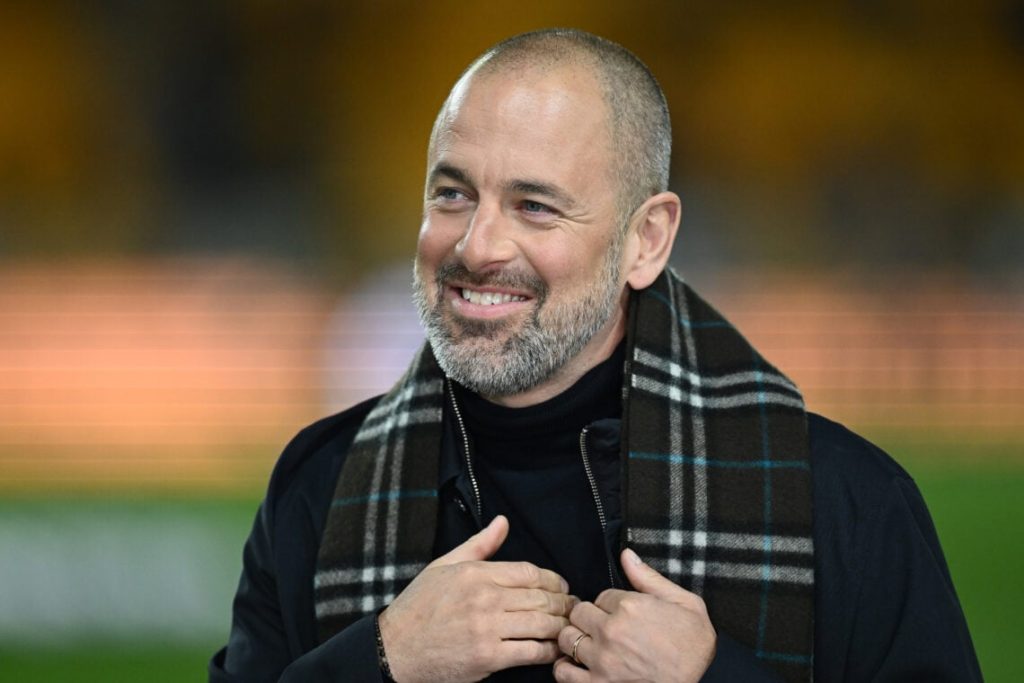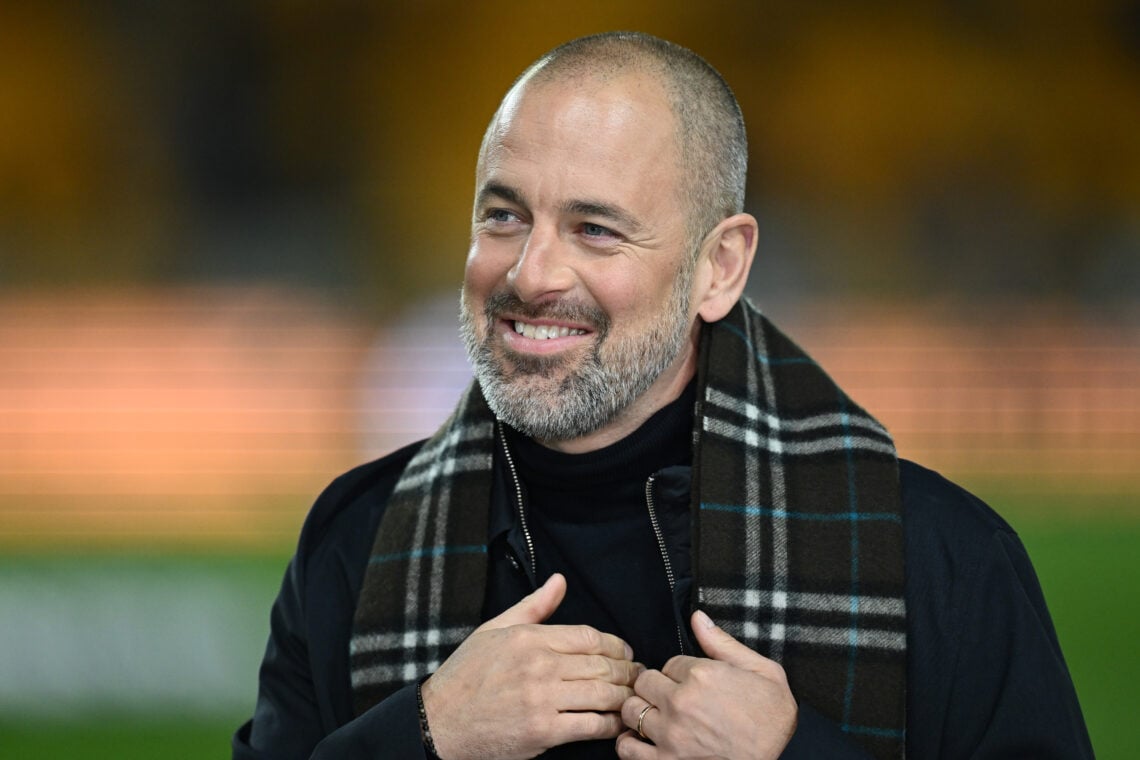The crisis at Tottenham Hotspur has reached a point where even rival supporters can see the fundamental problems plaguing the club. Former Chelsea midfielder Joe Cole has articulated what many Spurs fans have feared for years – the real issue at Tottenham isn’t the manager, but chairman Daniel Levy’s long-term strategy that prioritizes financial stability over genuine trophy ambitions.
Ange Postecoglou finds himself in an unenviable position, with Tottenham languishing in 15th place and just two points above the relegation zone. The Australian manager has watched his team’s early-season promise evaporate amid defensive frailties and inconsistent performances.
Yet as Cole astutely observes, sacking Postecoglou would merely be treating symptoms rather than the disease.
The former England international pulled no punches in his assessment: “If Tottenham don’t beat Eintracht Frankfurt, you’d imagine Ange Postecoglou will get the sack. However, I don’t believe that Ange is the problem at Tottenham. It’s the clarification of who they are and where they want to go, and that comes from the top – that comes from Daniel Levy.”
This cutting analysis exposes the fundamental disconnect between Tottenham’s infrastructure and their ambitions. The club boasts world-class facilities, including their magnificent stadium, and has developed numerous elite players over the years.

Yet as Cole notes, “They’ve got a wonderful stadium and fantastic players, but they’re nowhere near competing at the top level, and that’s down to Daniel Levy.”
Levy’s tenure as chairman presents a paradox. Financially, he has transformed Tottenham into one of the most stable clubs in world football. The construction of the Tottenham Hotspur Stadium stands as a monument to his business acumen, while the club’s commercial revenues have grown exponentially. However, this fiscal responsibility has come at a sporting cost.
Cole highlights this dichotomy: “Daniel Levy has done a brilliant job from a financial point of view, in terms of running a business and putting profit on the table, but the fans want to see trophies.”
The statistics support Cole’s argument – despite regular top-four finishes during Mauricio Pochettino’s tenure, Tottenham’s last major trophy came in 2008, and their trophy cabinet remains conspicuously bare compared to their Premier League rivals.
The transfer strategy under Levy has been particularly problematic. Tottenham’s recruitment has veered between cautious underinvestment and reckless panic buys, with few signings demonstrating long-term planning.
This inconsistency has left multiple managers, including Pochettino, José Mourinho, and now Postecoglou, struggling to implement their visions with unbalanced squads.
The Tottenham manager appears acutely aware of the challenges he faces. His recent comments reveal a man battling against external narratives: “I just think you can’t win the argument of convincing people. Even if we win [the Europa League], I am gone anyway, that’s just the general sentiment.”
This resignation to his fate suggests Postecoglou understands the deeper structural issues at play. His focus on the team’s mentality – “there’s a real determination to take this opportunity” – indicates he’s attempting to foster a winning culture in an environment not historically conducive to sustained success.
The Road Ahead
Cole’s intervention raises uncomfortable questions for Tottenham’s hierarchy. If, as he argues, “nothing will change regardless of changing the manager,” then what solution exists? The answer may require a fundamental shift in how the club operates – from transfer policy to wage structures to genuine investment in squad depth.
The Europa League presents a potential lifeline, both for Postecoglou and for a club starved of silverware. However, as Cole’s analysis suggests, even European success might only paper over cracks that run through the club’s foundations.
Until Tottenham’s leadership matches their infrastructure with their ambitions, the cycle of managerial changes and near-misses looks set to continue.
For Spurs fans, the painful truth is that their club’s problems extend far beyond the dugout. As Cole’s comments make clear, real change must come from the very top.
Until then, no manager – not even one as tactically astute as Postecoglou – can overcome the structural limitations imposed by the club’s current leadership.

